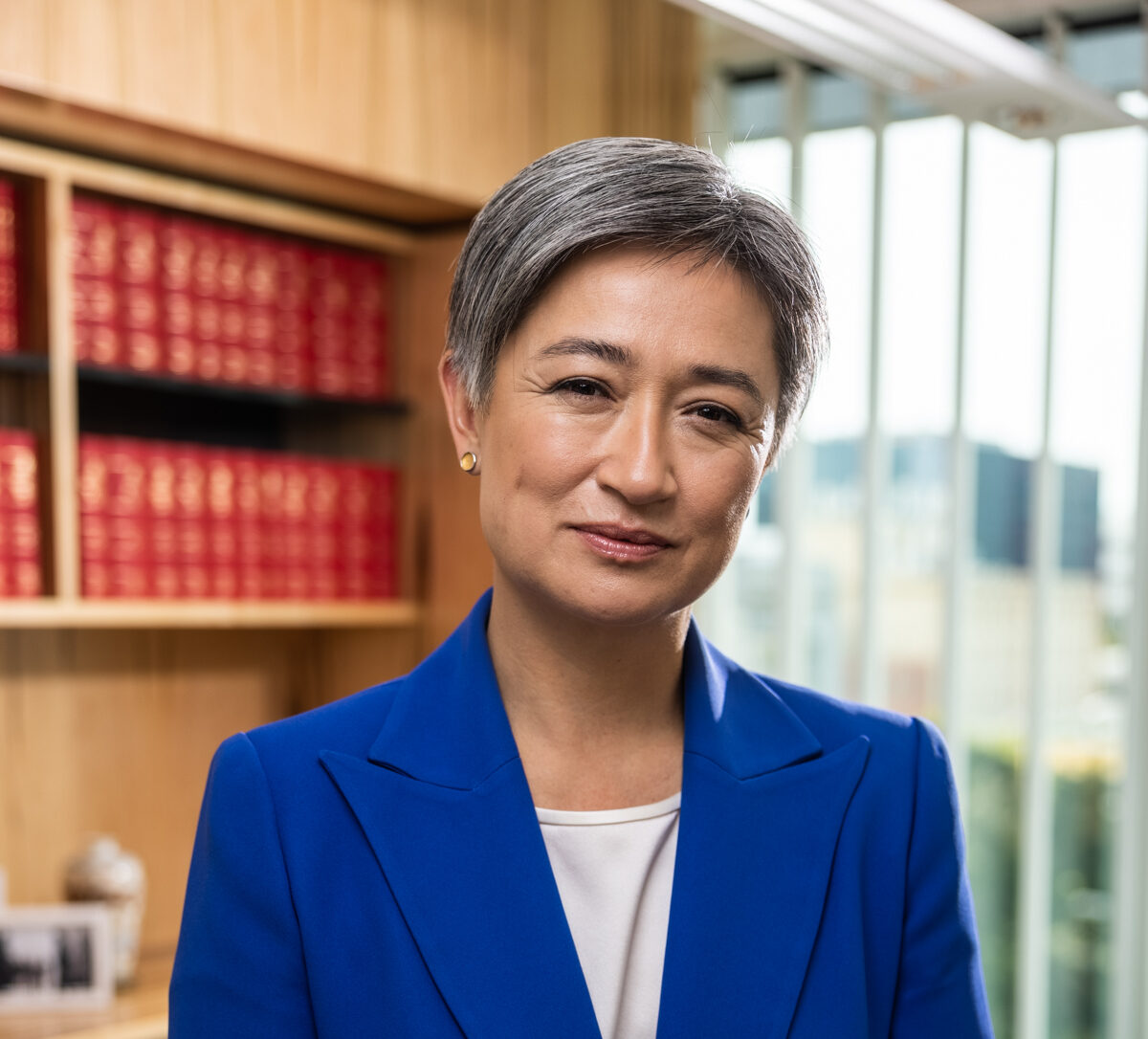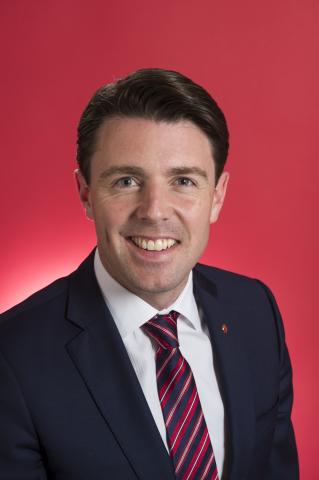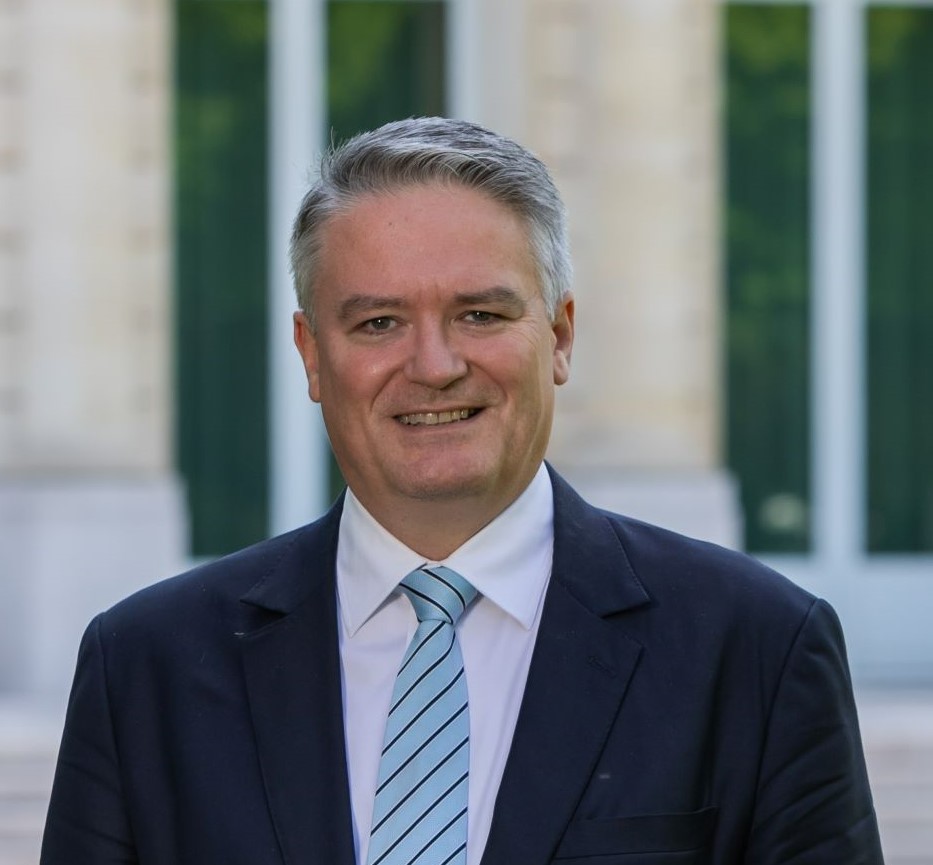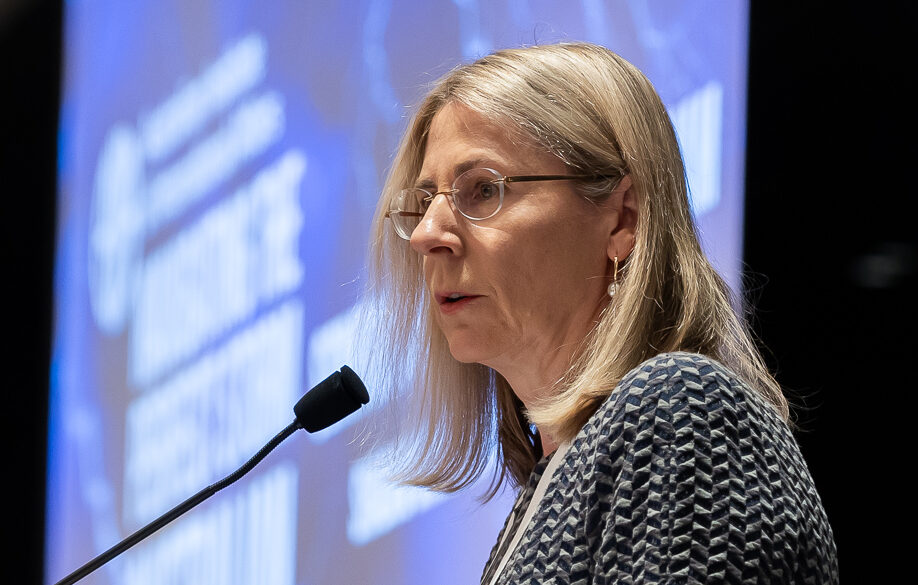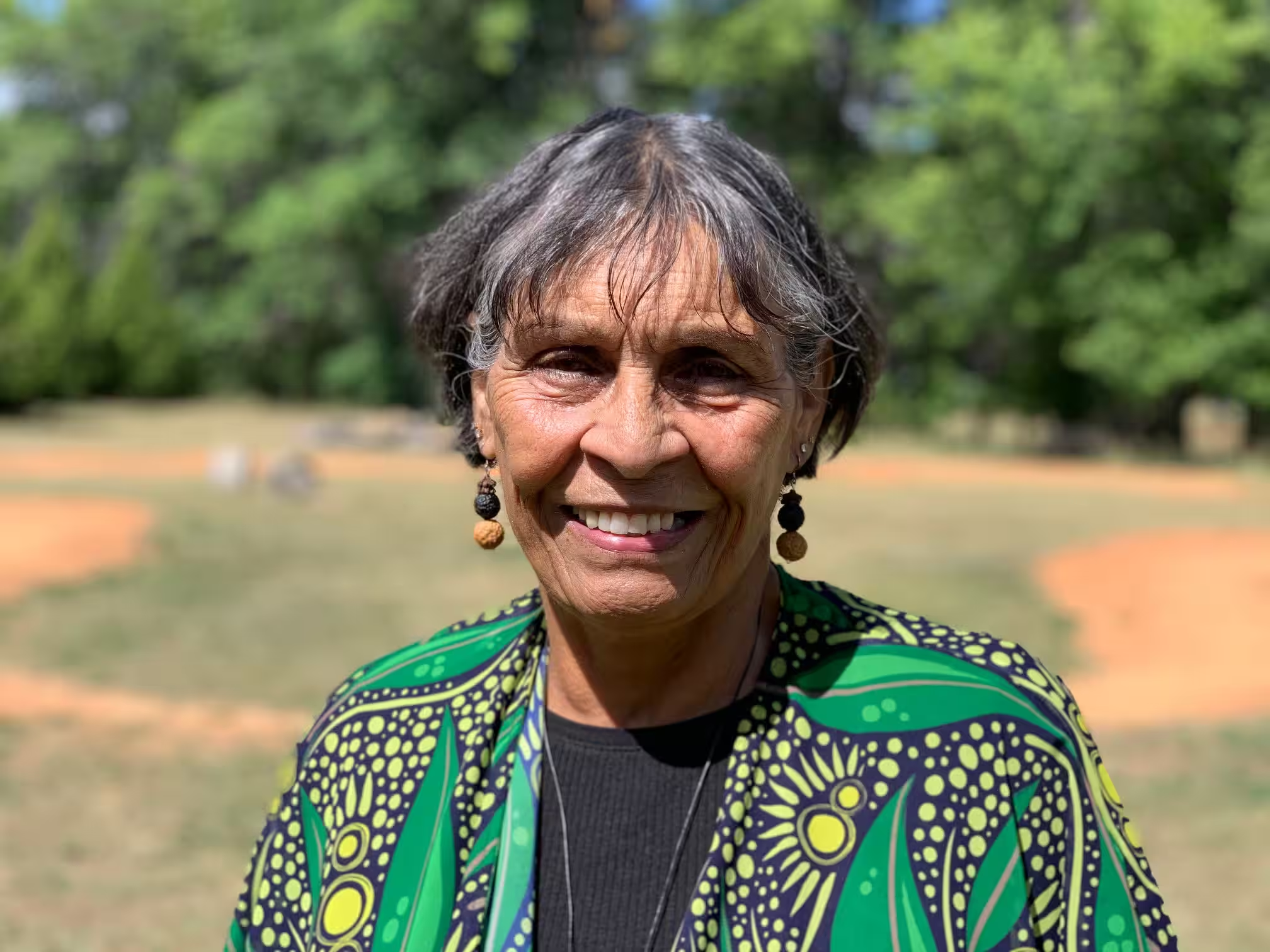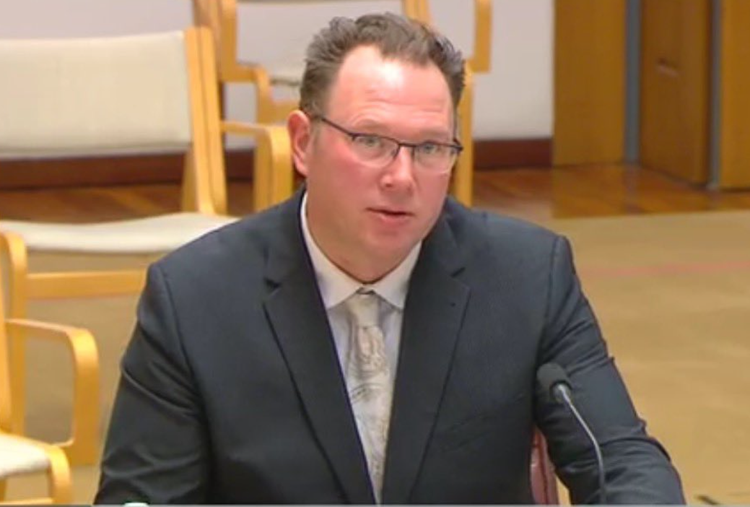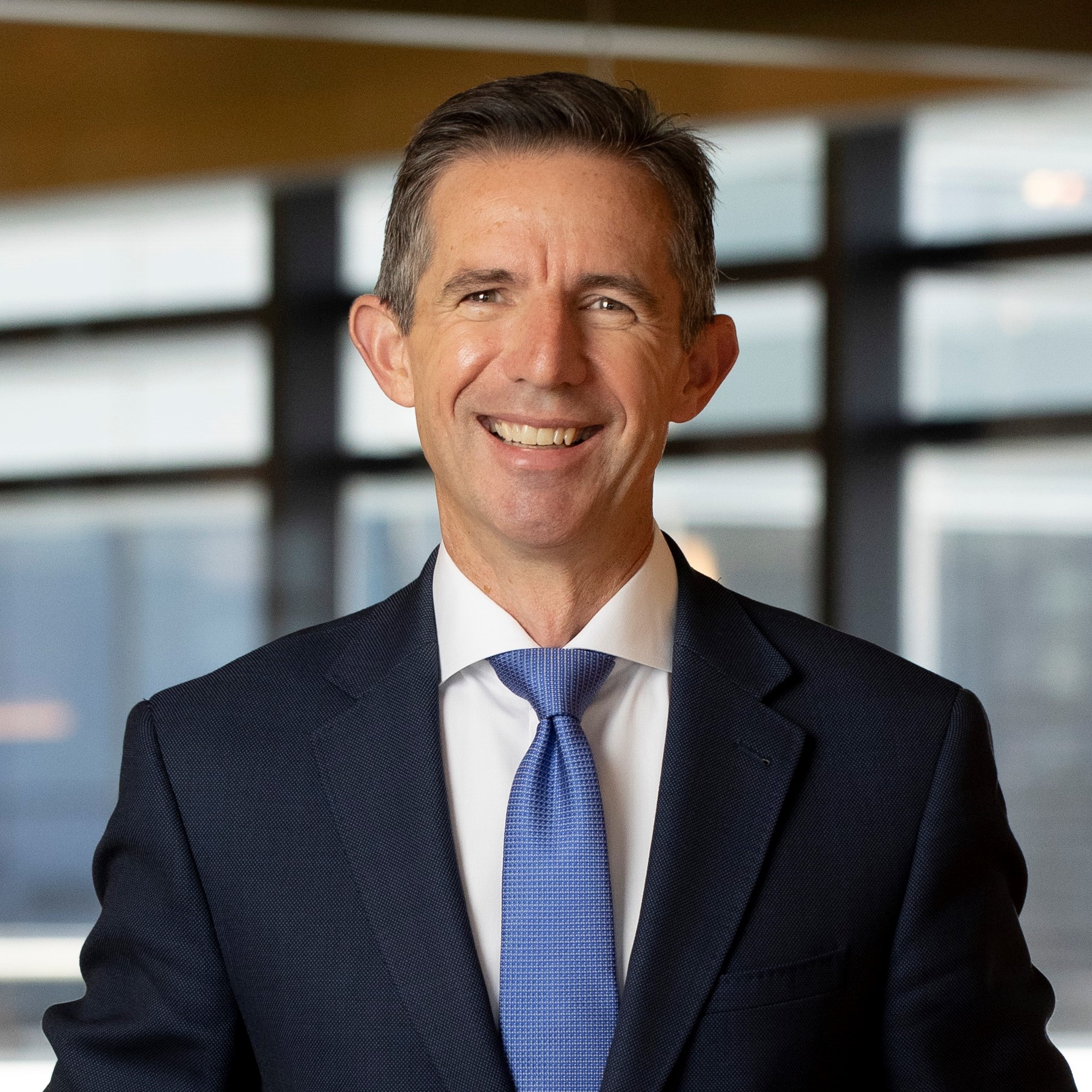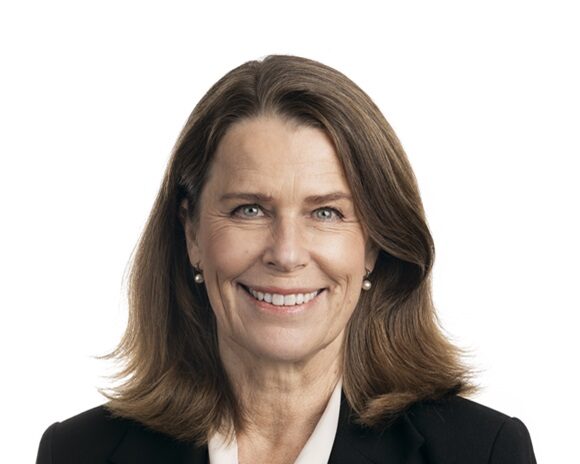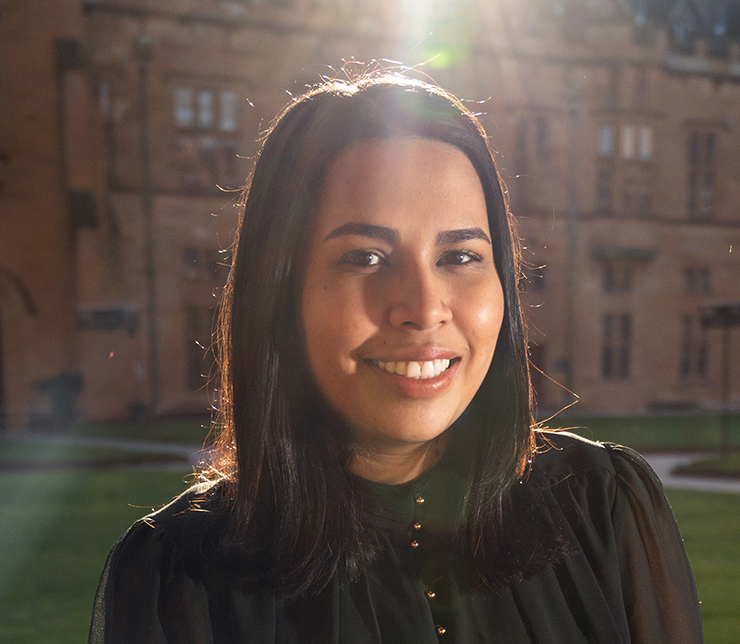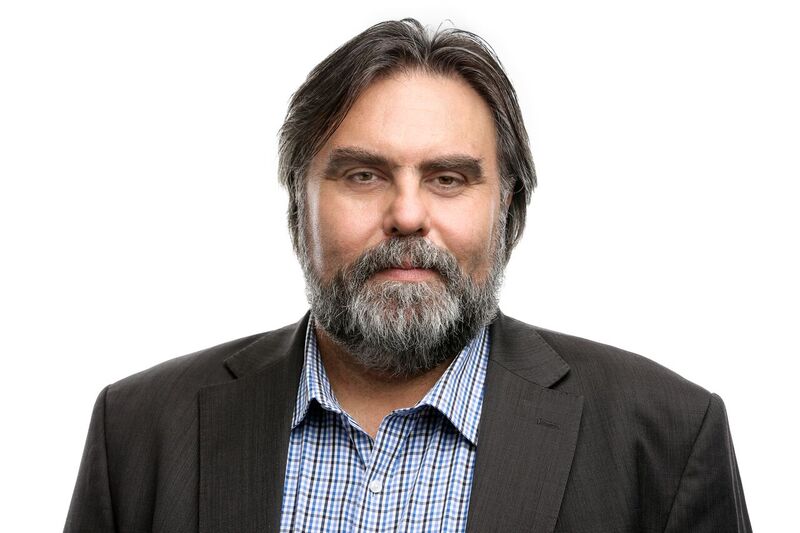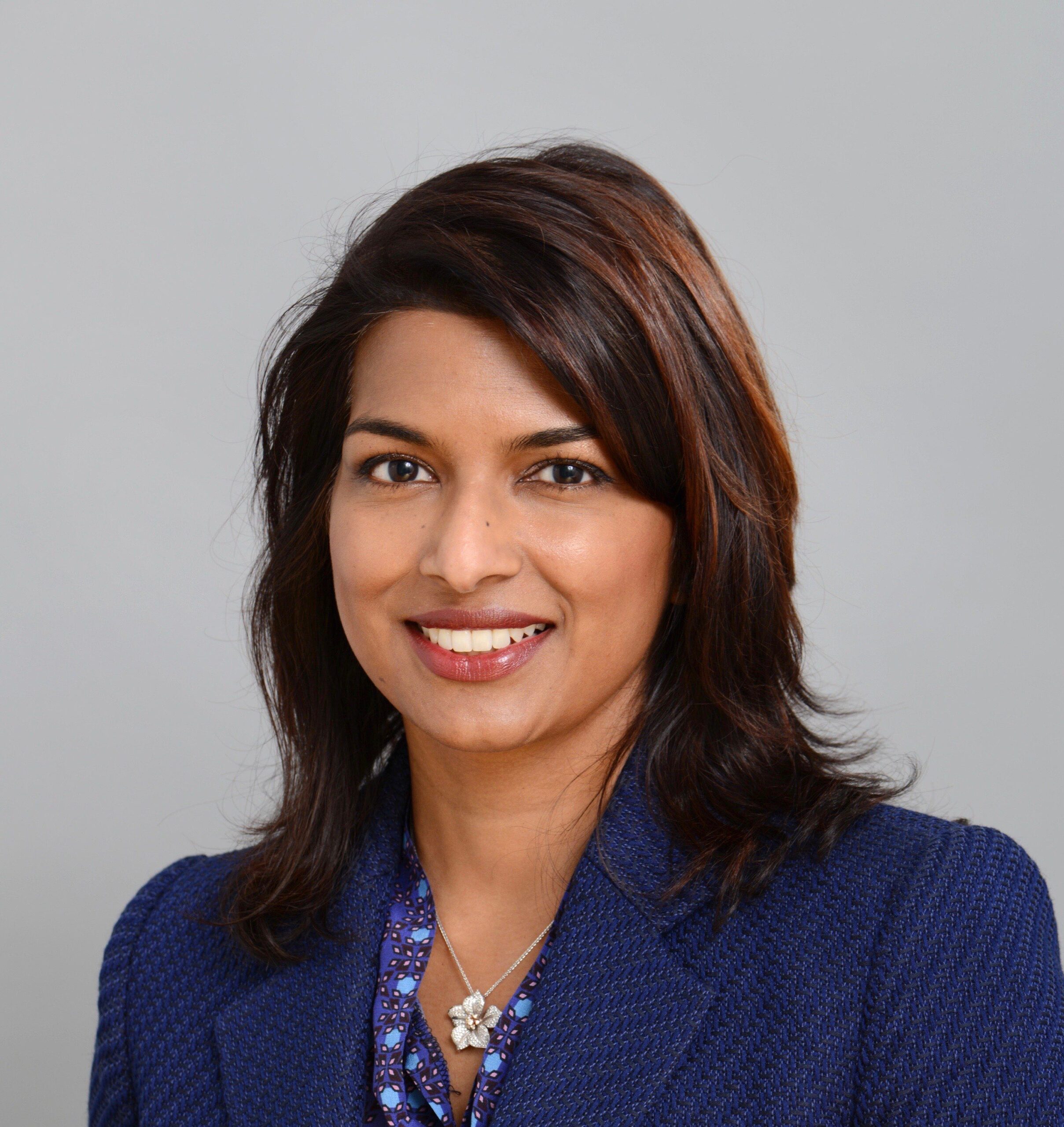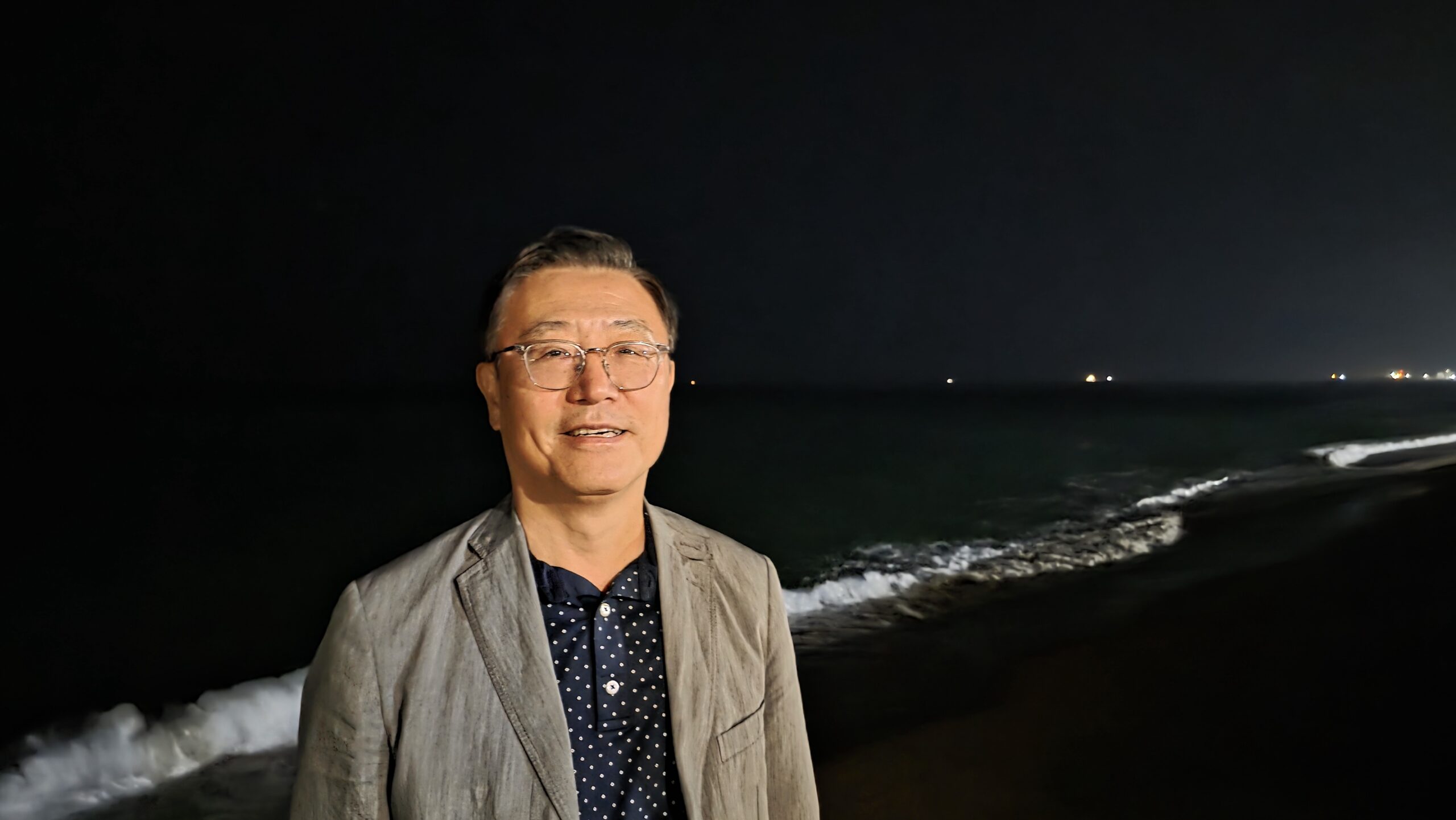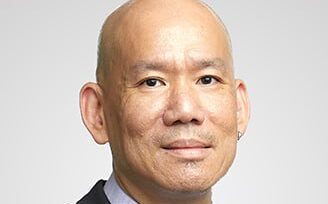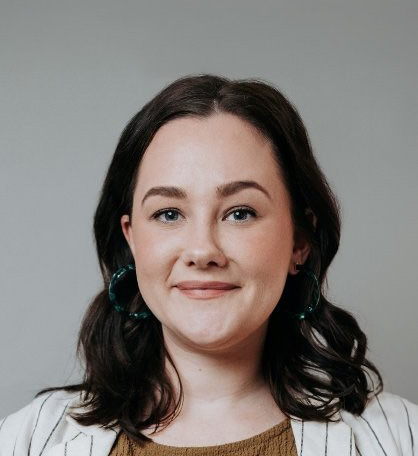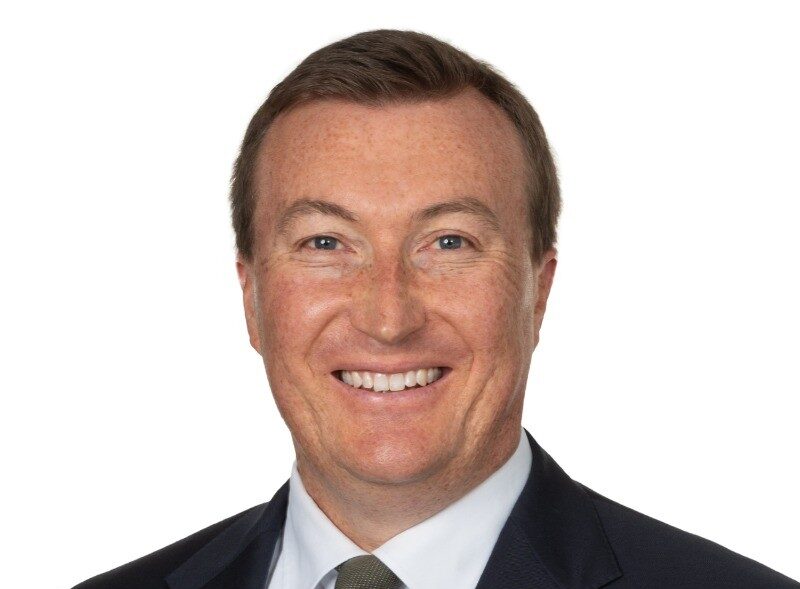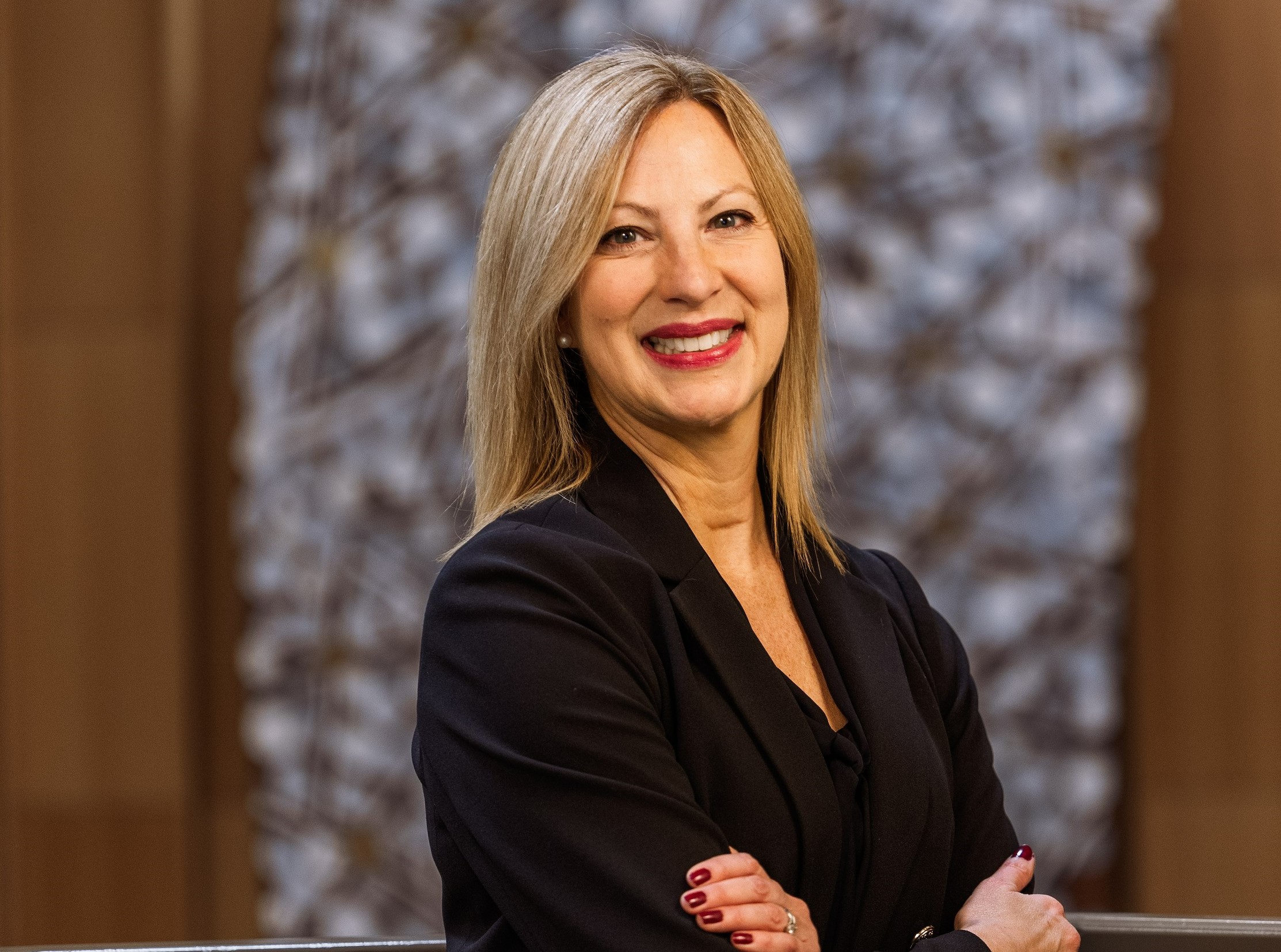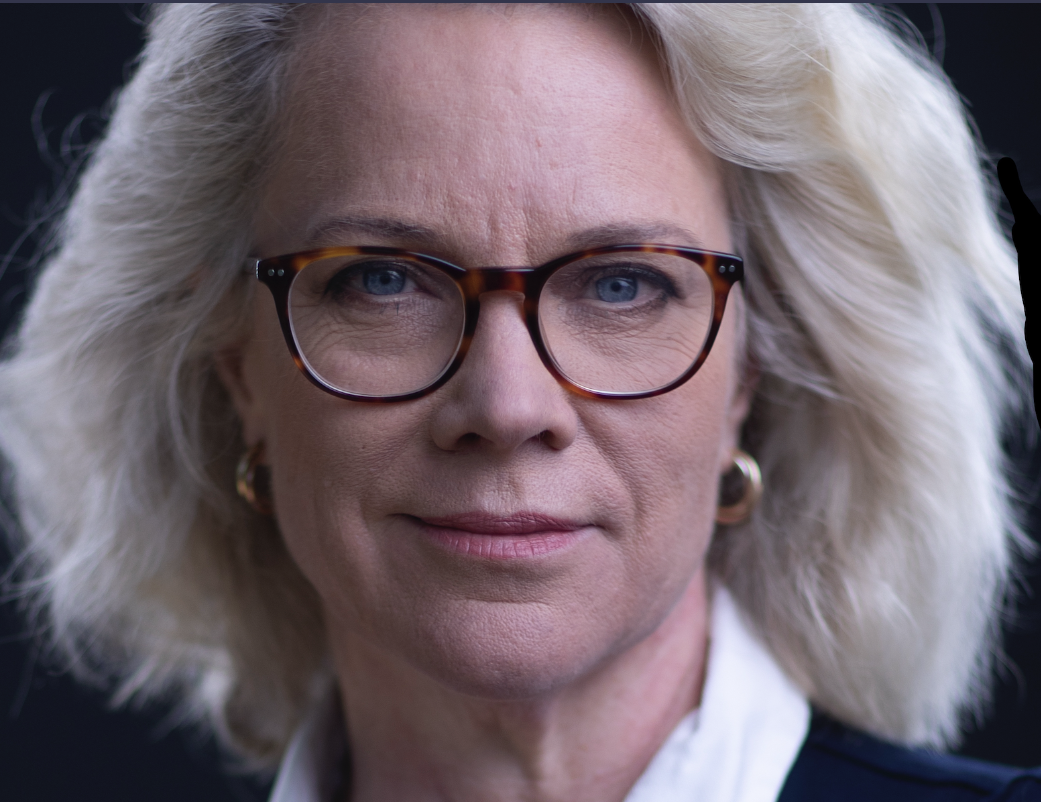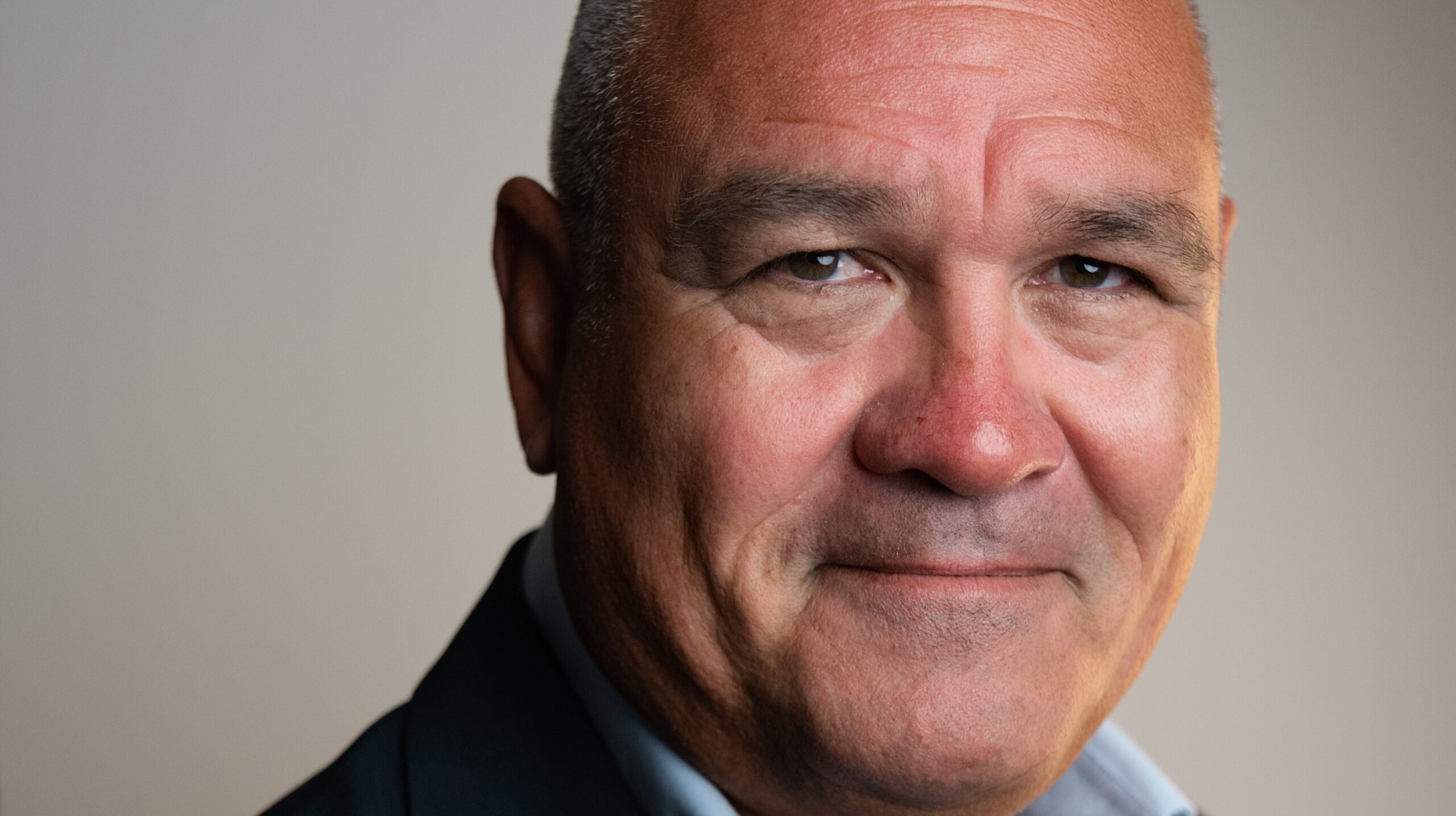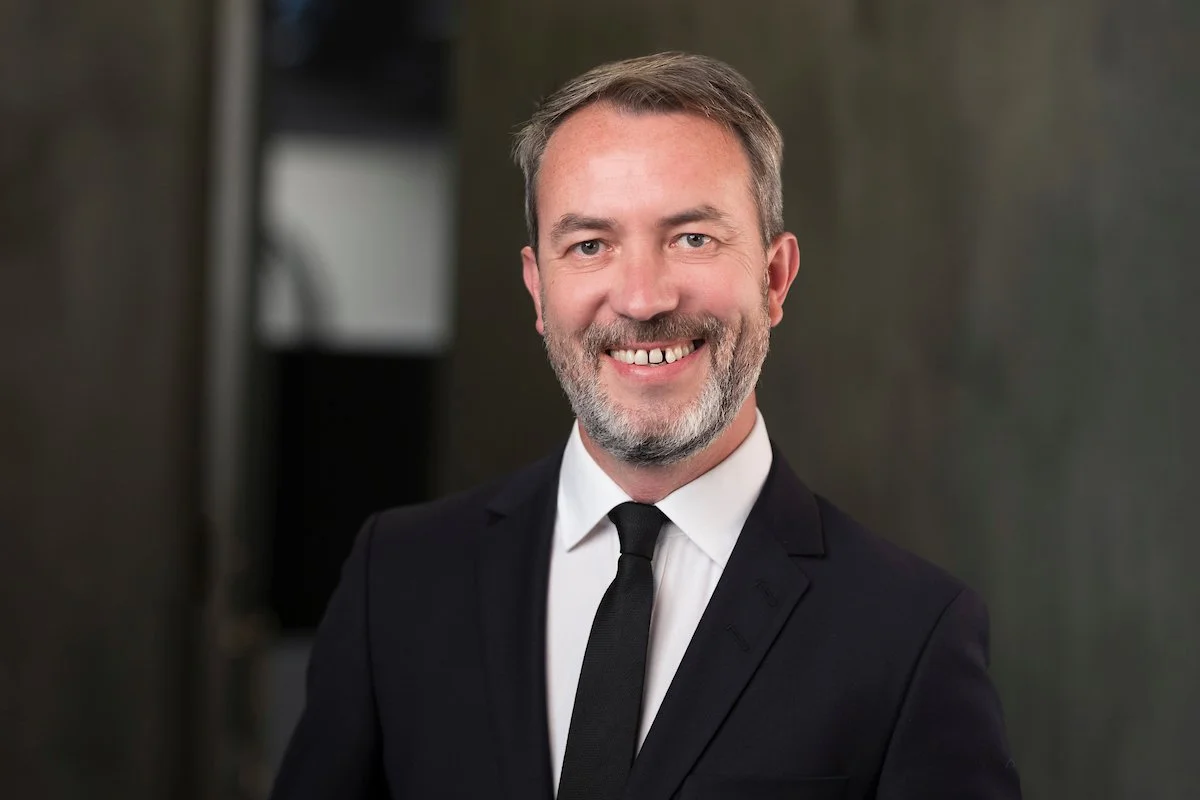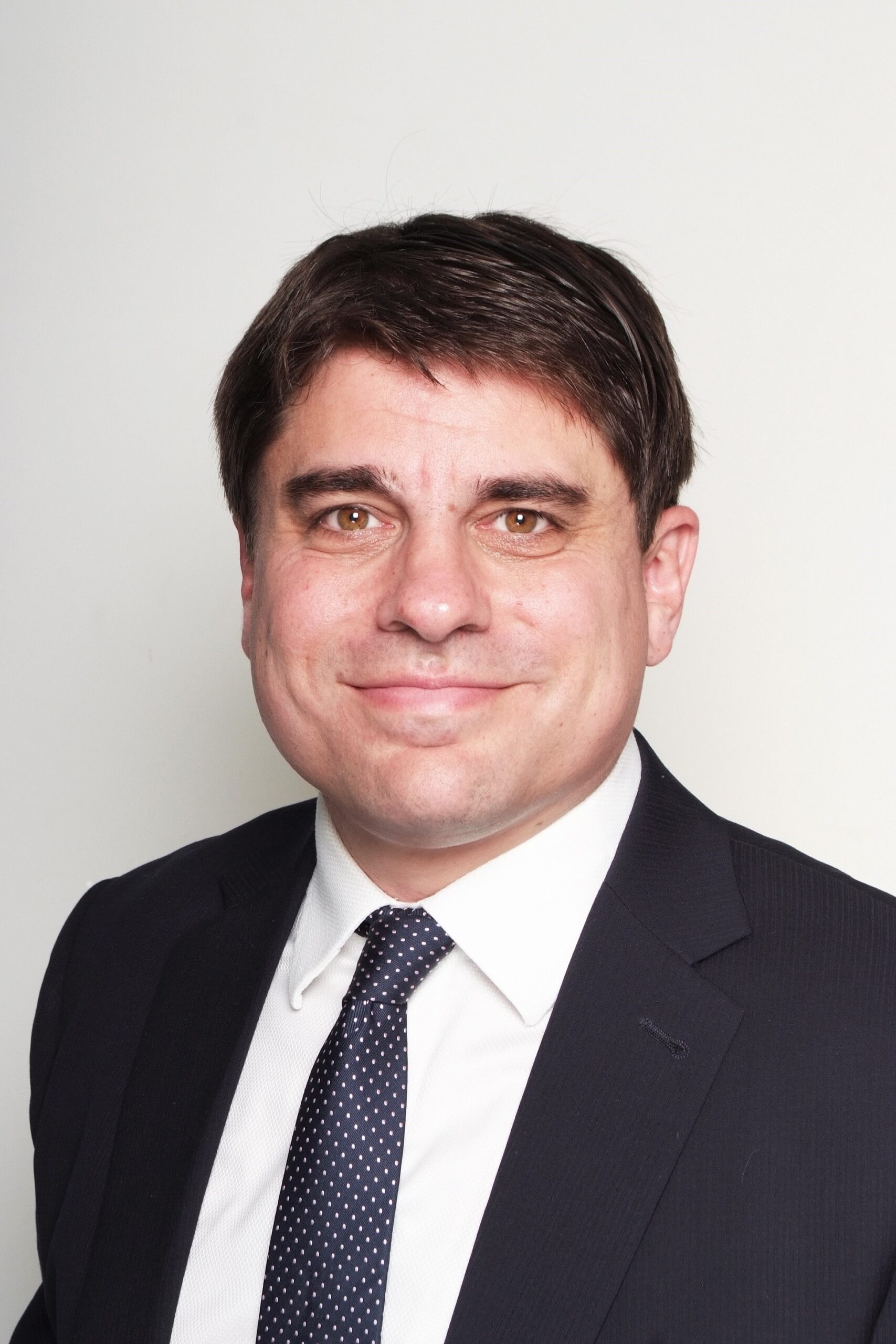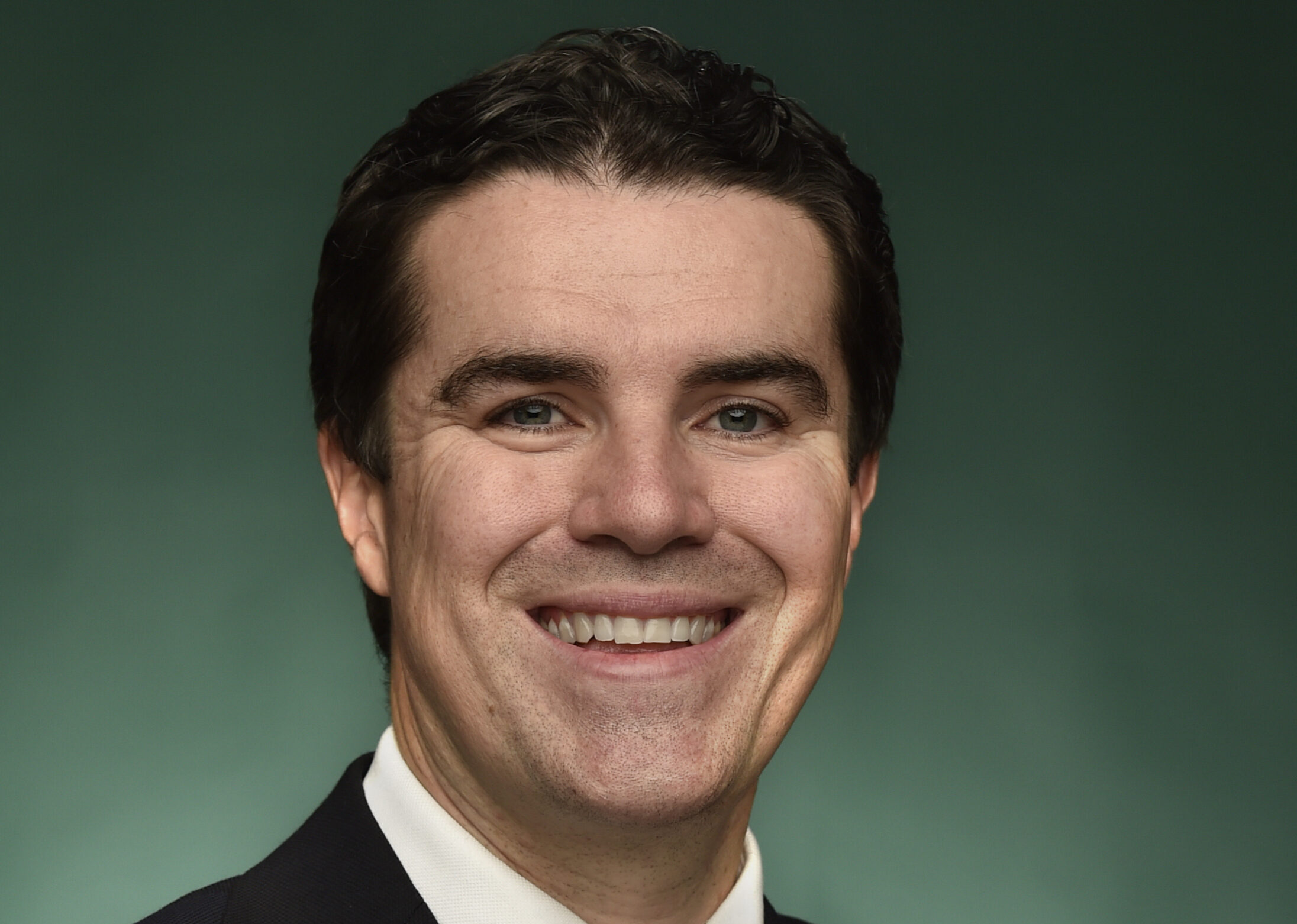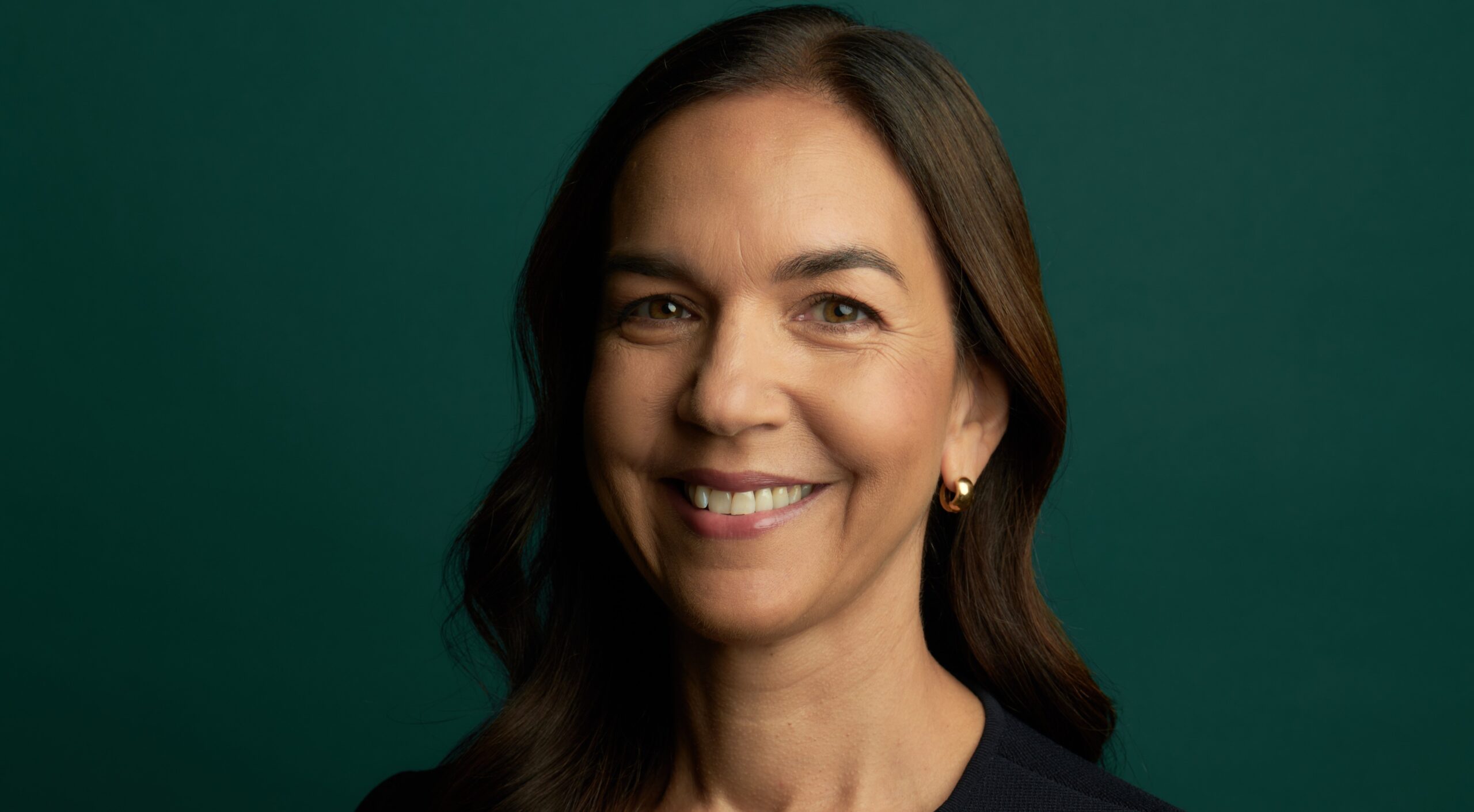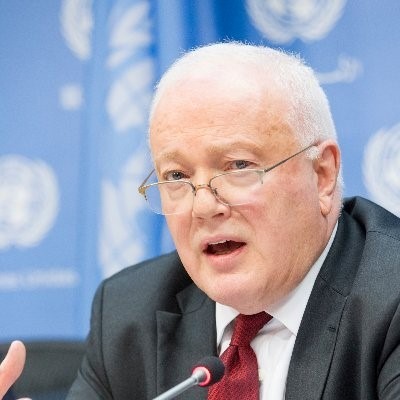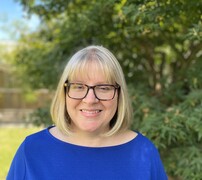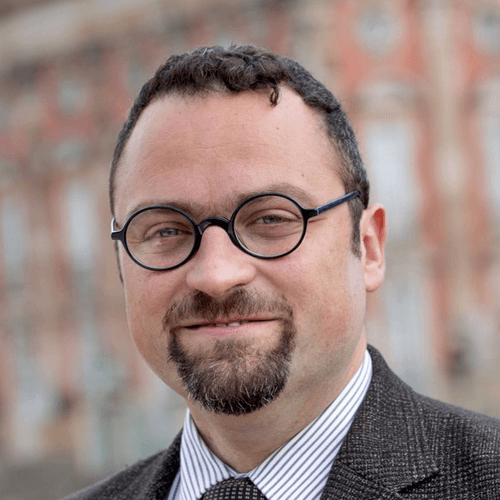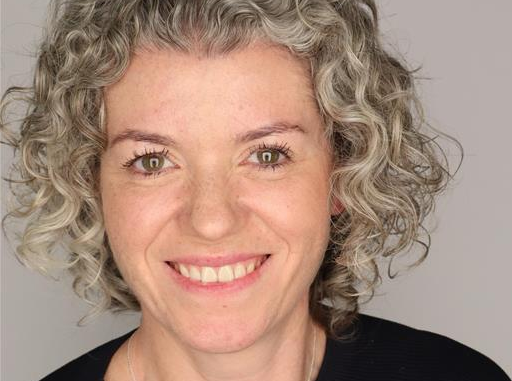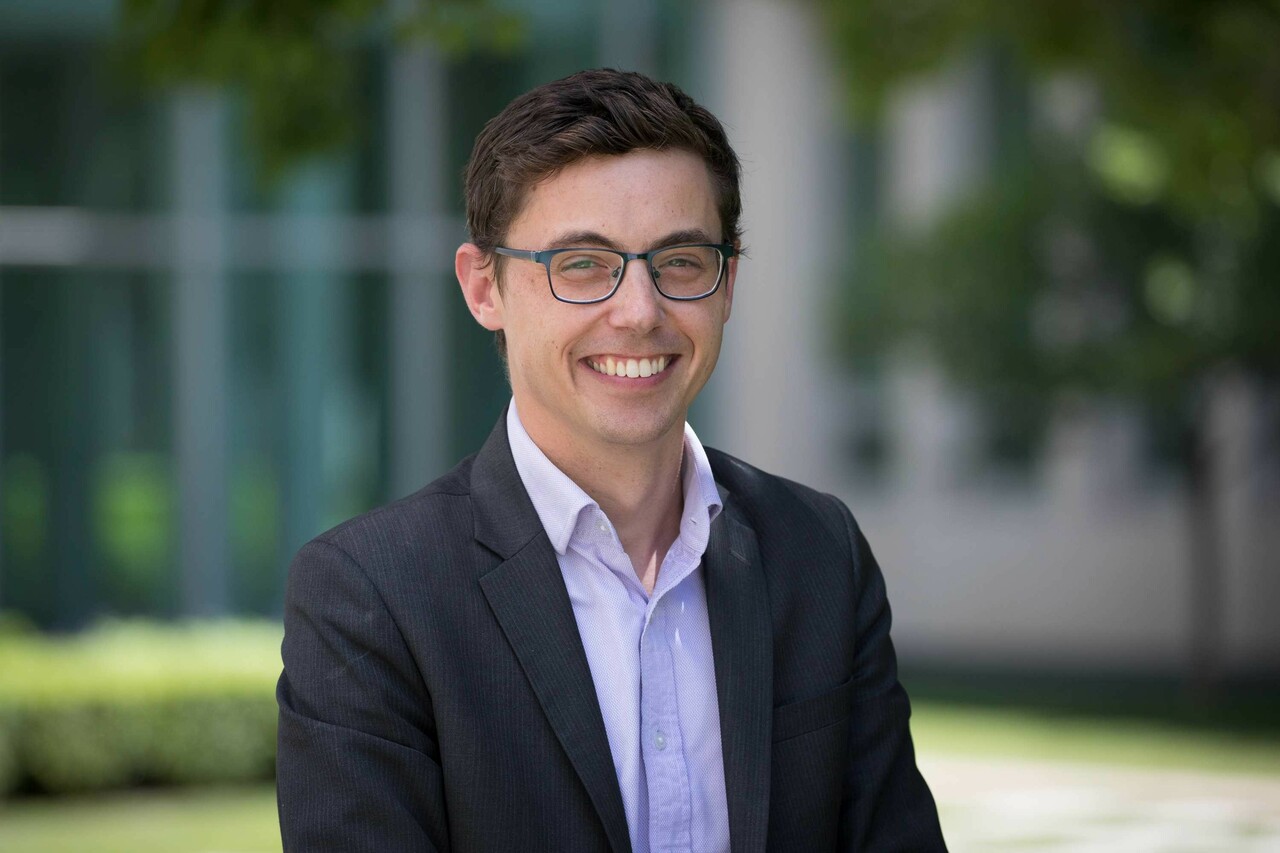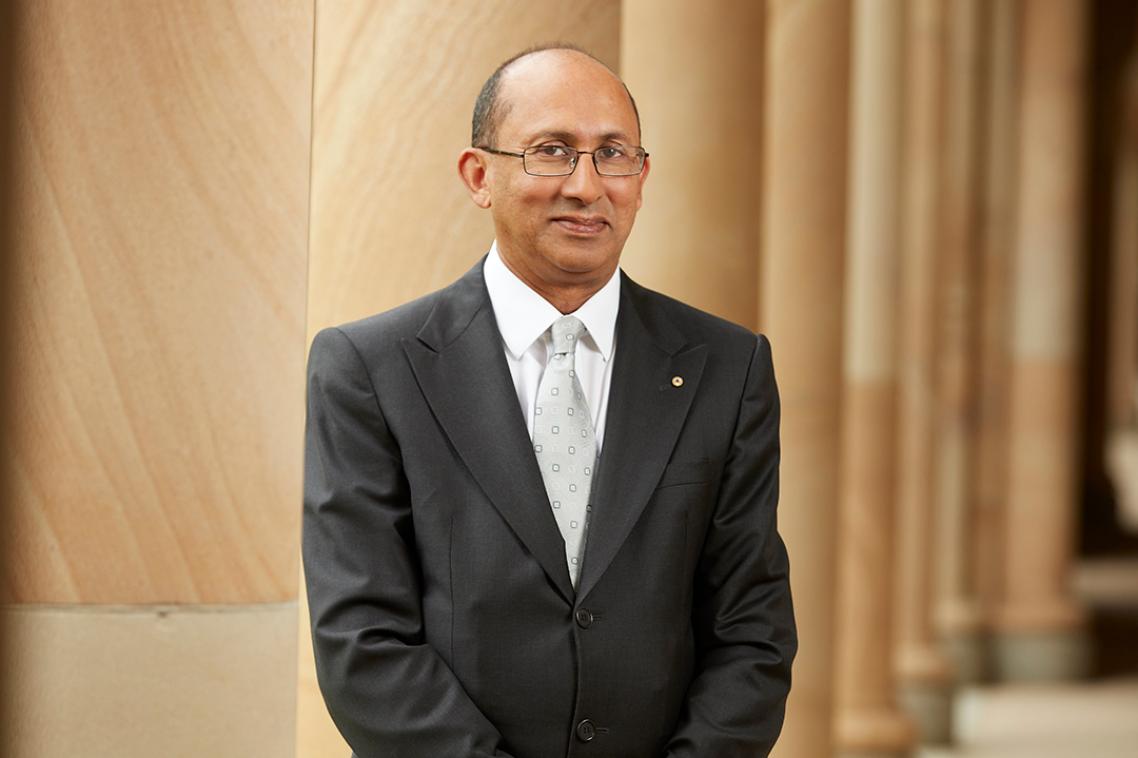I have been a Liberal Senator for Tasmania since 2016 and am currently the Federal Shadow Minister for Home Affairs.
I am a proud sixth-generation Tasmanian and grew up in north-west Tasmania.
I enjoy getting out into our local communities in Tassie to see the fantastic work of the many unsung heroes who often go unnoticed, and love seeing the work of small businesses that are the backbone of our state.
As a father of three with my loving wife and a passionate Tasmanian, I am excited about future opportunities and the potential of our state.
Tasmania has so much to offer, and I want to see our young people stay in the state and build their careers and families here, rather than move interstate after graduating from school, TAFE or university.
I have been close to the policymaking process for my whole career, formerly working in the Tasmanian State Government and the Federal Government.
I care deeply about issues that affect my home state and will always stand up for Tasmania if I think we are not getting a good deal.
By getting out and about in the community, I have a strong insight into what is important to Tasmanians and am always eager to hear how government can work better so Tasmanians can get ahead.
I have used this insight to take up the fight for you in Canberra.
As Shadow Minister for the Environment, Fisheries and Forestry between 2022 and 2025, I fought to save Tasmanian jobs against the Albanese Labor Government’s plan to kill off our salmon industry. A plan the government ultimately had to abandon.
I helped secure $700 million in upgrades to the Mersey Community Hospital and fought to keep our fair share of GST when the Labor Government tried to rip $240 million off of us through the Hobart stadium deal.
I will never take a backwards step in advocating for Tasmania’s interests.

